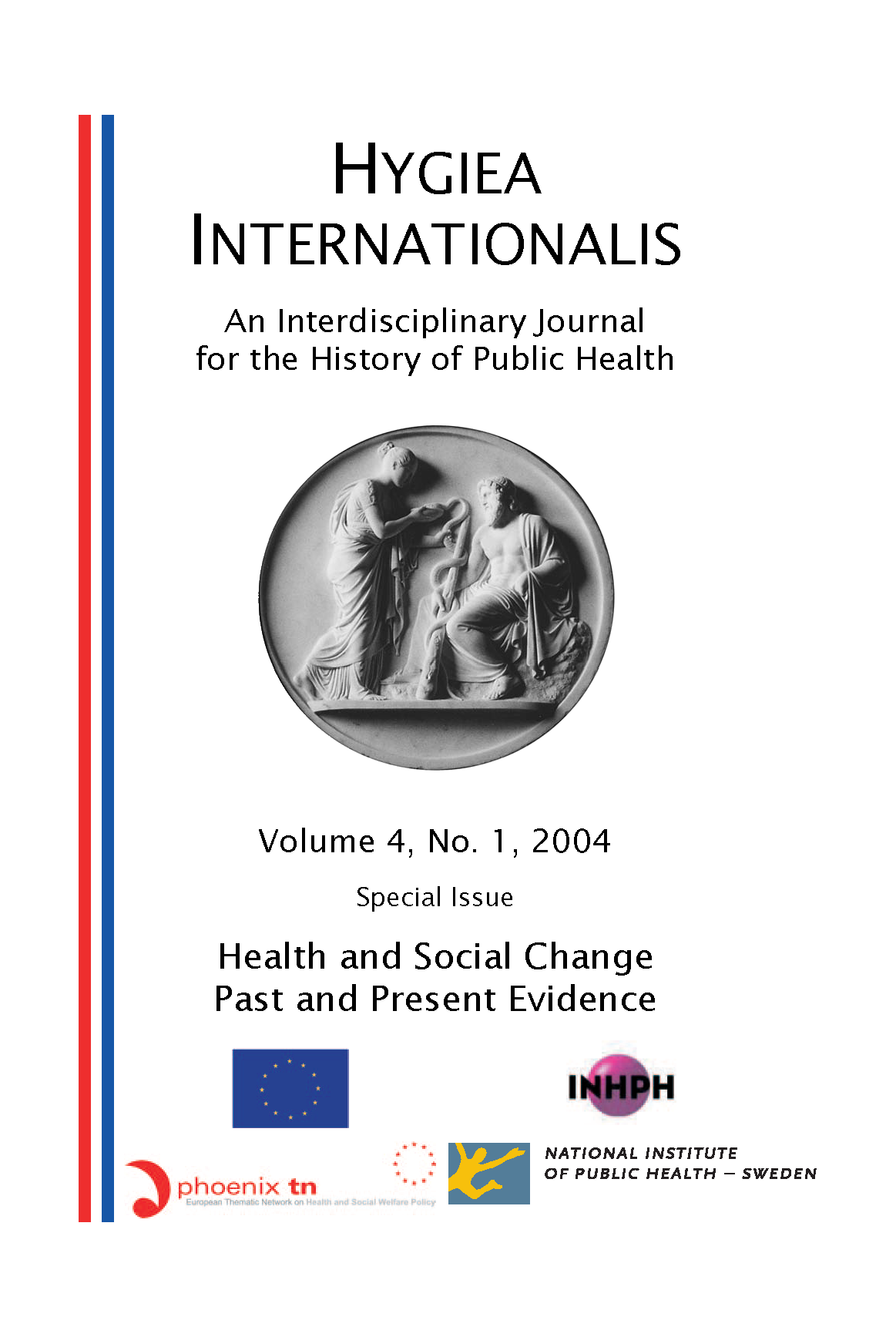From Apartheid to Globalisation: Health and Social Change in South Africa
DOI:
https://doi.org/10.3384/hygiea.1403-8668.0441153Keywords:
South Africa, health transition, globalisation, apartheid, equity, HIV/AIDSAbstract
South Africa is a society characterised by deep inequalities structured along racial, geographical and socio-economic lines. Since 1994 the new democratic government has instituted a number of large-scale policies and programmes with explicit pro-equity objectives. Although these have improved access to health care and other social resources for the poor, their equity impact has been constrained by a macro-economic policy context that has dictated fiscal restraint, and by an accompanying orientation that has privileged technical over developmental considerations. This article briefly analyses the above factors and policies and proposes an approach that focuses on equity in allocation of health resources in relation to need. It suggests that while measurement of such inequities is fundamental to pro-equity policies, the implementation of such policies requires, in addition to technically efficacious interventions, both advocacy initiatives, and communication with and involvement of affected communities in promotion of health equity.Downloads
Published
2004-12-10
How to Cite
Chopra, M., & Sanders, D. (2004). From Apartheid to Globalisation: Health and Social Change in South Africa. Hygiea Internationalis: An Interdisciplinary Journal for the History of Public Health, 4(1), 153–174. https://doi.org/10.3384/hygiea.1403-8668.0441153
Issue
Section
Articles
License
Copyright (c) 2004 the Author(s)

This work is licensed under a Creative Commons Attribution-NonCommercial 4.0 International License.






